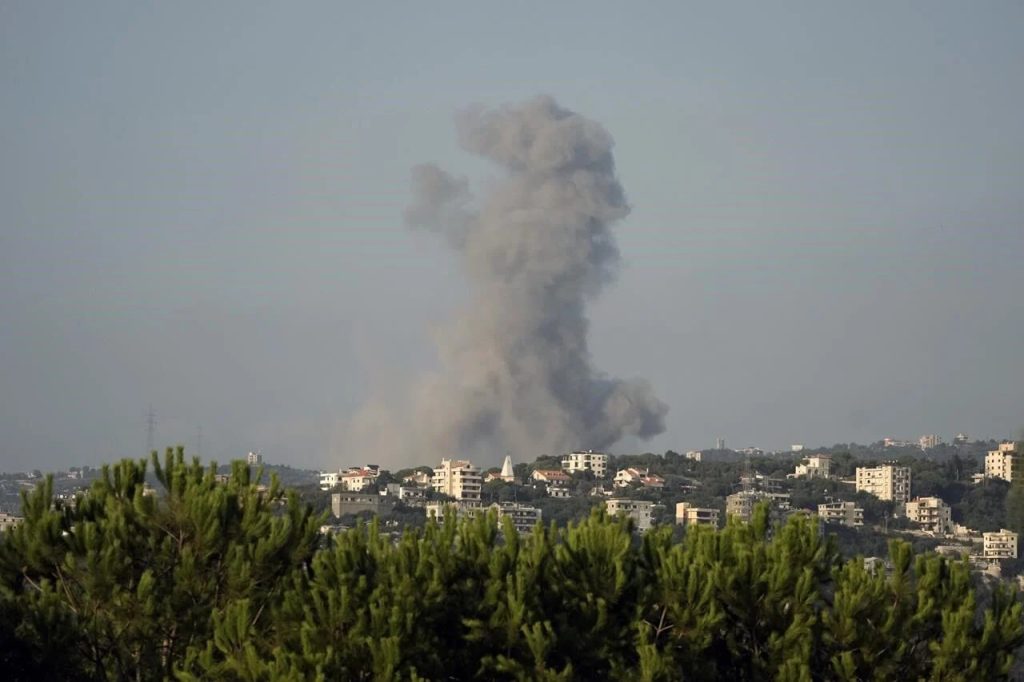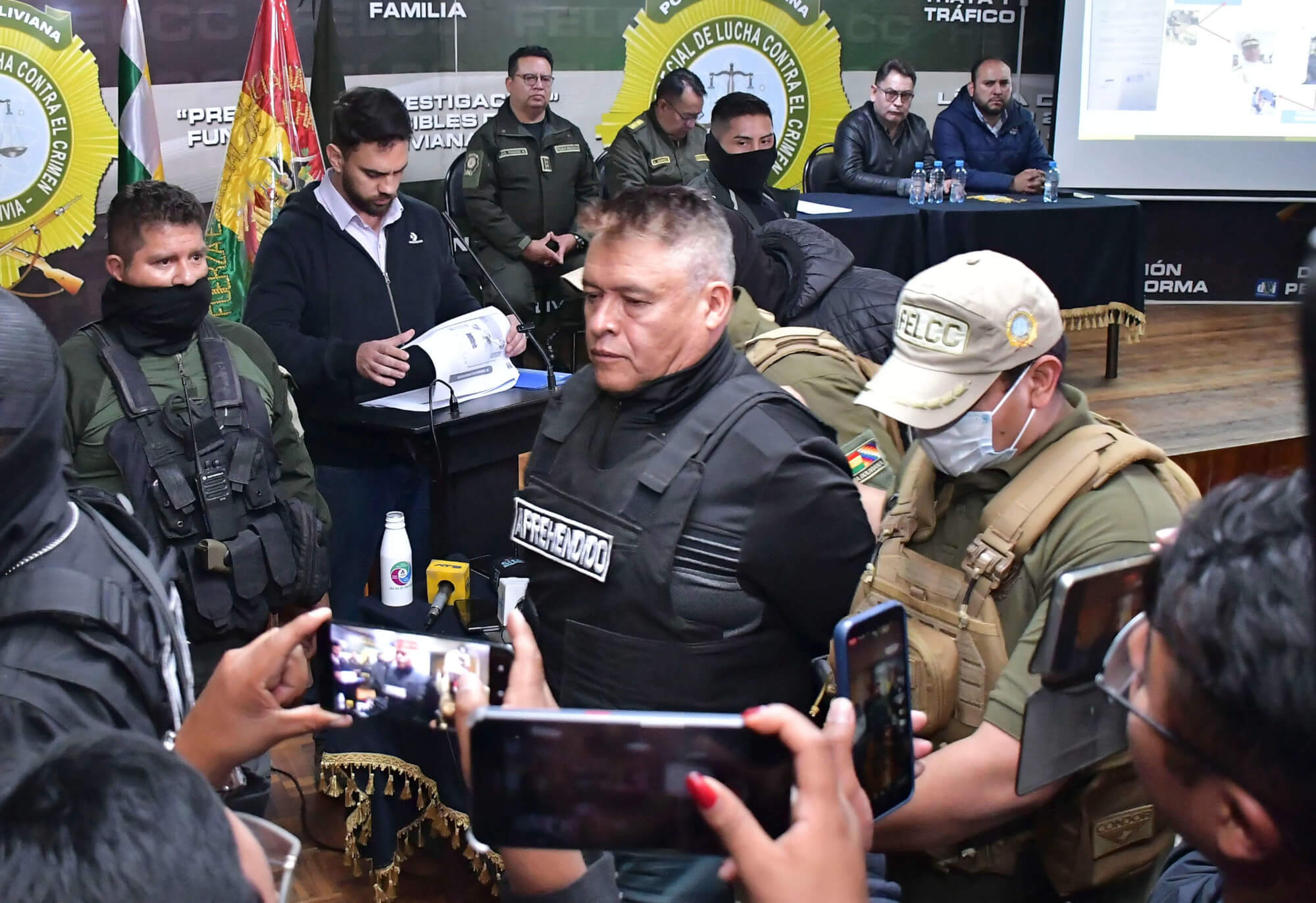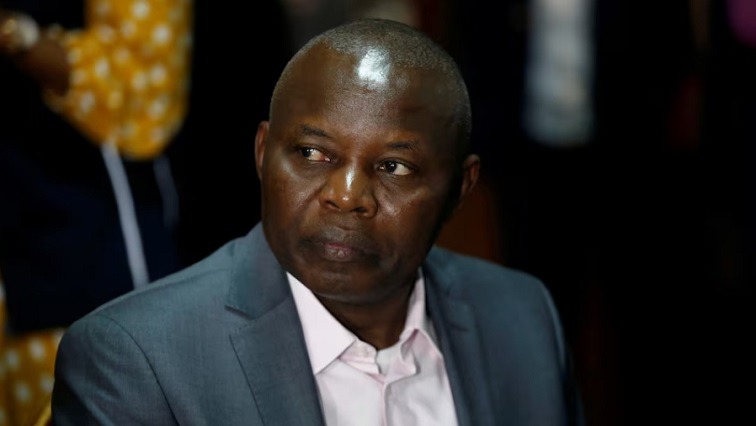In a devastating turn of events, Israeli airstrikes in northeast Lebanon have resulted in the deaths of 23 Syrian refugees and a Lebanese national, according to Lebanon’s Health Ministry. The strikes, which occurred on Thursday, targeted a building housing workers, highlighting the escalating conflict between Israel and Hezbollah.
Additionally, an airstrike on an apartment building in a southern suburb of Beirut left two people dead and 15 wounded, with one woman in critical condition. The Israel Defense Force (IDF) confirmed that the strike killed Mohammed Hussein Surour, a Hezbollah drone commander.
These strikes follow Israel’s military chief’s announcement on Wednesday that the country is preparing for a potential ground operation in Lebanon. Prime Minister Benjamin Netanyahu reiterated Israel’s commitment to striking Hezbollah “with full force” until its objectives are achieved.
The United States, France, and other allies have jointly called for an “immediate” 21-day cease-fire to facilitate negotiations, expressing concerns that the recent escalation could lead to an all-out war. The United Nations reports that over 90,000 people have been displaced by five days of Israeli strikes in Lebanon, bringing the total to 200,000 since Hezbollah began firing rockets into northern Israel.
Netanyahu, speaking as he arrived in New York for the annual U.N. General Assembly meeting, stated, “Our policy is clear. We are continuing to strike Hezbollah with full force. And we will not stop until we reach all our goals, chief among them the return of the residents of the north securely to their homes.”
The IDF confirmed that an airstrike on Beirut killed Mohammed Hussein Surour, described as a “commander of Hezbollah’s aerial unit.” The military said Surour was involved in directing drone and missile attacks against Israel.
Lebanon’s Health Ministry reported that the airstrike on the apartment building in south Beirut resulted in two fatalities and 15 injuries. Al-Manar TV, affiliated with Hezbollah, reported the explosion but provided no further details.
Secretary of State Antony Blinken emphasized the global unity in calling for a cease-fire, stating, “It is now the G7 countries, the European Union, the leading Arab countries, everyone speaking with one clear voice about the need to get that cease-fire in the north.”
Syrian pro-government media outlets reported that Israel’s air force carried out airstrikes along the Lebanon-Syria border, wounding five people and destroying a bridge linking the countries. The Israeli military confirmed attacks on infrastructure used to transfer weapons from Syria to Hezbollah in Lebanon.
Families of Israeli hostages held in Gaza for nearly a year are urging Israel to include provisions for the Gaza war in any cease-fire deal with Hezbollah. Gil Dickmann, whose cousin Carmel Gat was kidnapped and killed, expressed concern that the focus on the northern front might overshadow the hostage situation.
The office of Prime Minister Benjamin Netanyahu clarified that the cease-fire proposal is under consideration but has not been formally accepted. Israel’s Foreign Minister Israel Katz, acting prime minister during Netanyahu’s trip, vowed to continue fighting “with full force until victory” and ensure the return of displaced Israeli citizens.
An Israeli airstrike on a village in northeast Lebanon destroyed a building housing Syrian workers, killing 23 and wounding eight. The Lebanese Red Cross and Hezbollah’s paramedic arm evacuated the bodies.
The Israeli military reported striking 75 sites overnight across southern and eastern Lebanon, targeting Hezbollah military infrastructure. The strikes have killed more than 630 people in Lebanon since Monday, with about a quarter being women and children. Hezbollah has fired hundreds of projectiles towards Israel, including a surface-to-surface missile toward Tel Aviv that was intercepted.
The United States, France, and other allies have called for an “immediate” 21-day cease-fire to “provide space for diplomacy.” Britain has pledged $6.7 million in humanitarian assistance to Lebanon, including medical supplies and hygiene kits.
The United Kingdom has also deployed 700 troops to a British military base in Cyprus to prepare for possible evacuations of British citizens from the region. British navy ships RFA Mounts Bay and HMS Duncan are already in the eastern Mediterranean, with Royal Air Force aircraft on standby.
The joint statement from the international community, negotiated on the sidelines of the United Nations General Assembly, underscores the urgency of the situation, stating that the recent fighting is “intolerable and presents an unacceptable risk of a broader regional escalation.”


![A Ukrainian serviceman examines a land drone at a military training ground in the Zaporizhia region, Ukraine, on March 13, 2025 [Handout/Ukraine's 65th Mechanised Brigade via AP Photo]](https://i2.wp.com/www.aljazeera.com/wp-content/uploads/2025/03/AP25072686278719-1741913677.jpg?resize=770%2C513&quality=80&w=1200&resize=1200,0)







